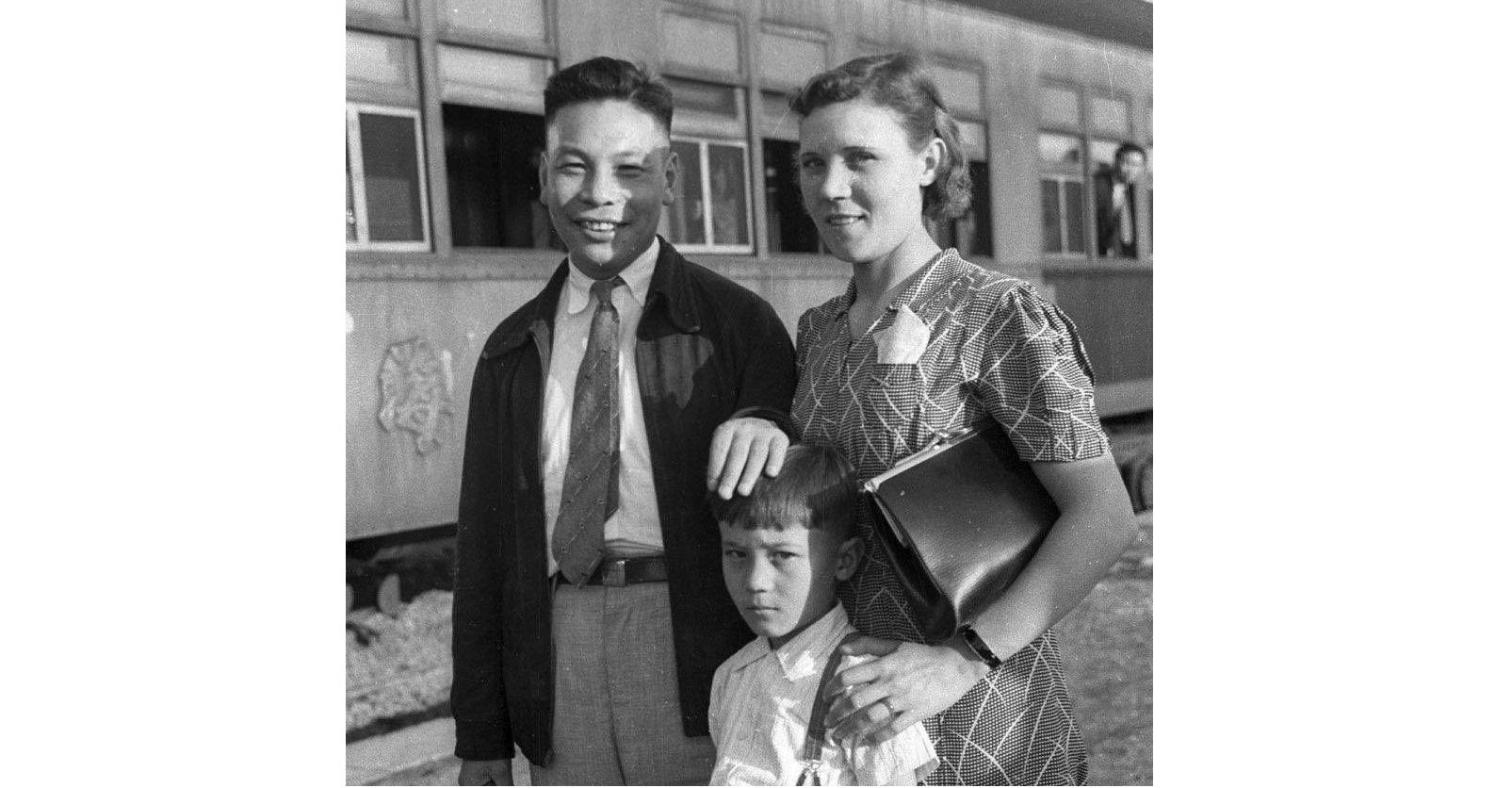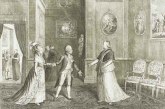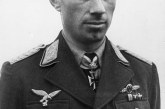
Chiang Ching-kuo was the son and successor of the famous Generalissimo Chiang Kai-shek, Taiwan’s long-standing head of state.
Taiwanese politician Chiang Ching-kuo, son of the famous Generalissimo Chiang Kai-shek, died on this day in 1988. Of course, the state of Taiwan was formed when Chinese nationalists – supporters of Chiang Kai-shek – fled mainland China and found refuge on the island of Taiwan. They continued to claim to represent the legitimate Chinese government, and that is why Taiwan today still bears the official name Republic of China (as opposed to communist China, which is called the People’s Republic of China).
On Taiwan, Generalissimo Chiang Kai-shek and his Kuomintang party ruled in an authoritarian manner until his death in 1975. His son, the aforementioned Chang Ching-kuo, was a kind of successor to the throne. In fact, even at the time when Chiang Kai-shek ruled the mainland China, his young son held influential positions, and on the eve of exile in Taiwan, father and son were reportedly together, commanding the last defence of nationalist strongholds on the mainland.
Chiang Ching-kuo was a minister in the government formed in Taiwan, and since 1972 even the Prime Minister (his father was president during this entire period). After his father’s death, Chiang Ching-kuo kept the position of prime minister, and also became the president of the Koumintang party. Later he became the president of the country, what brought him on practically the same position that his father once held. He was also an authoritarian ruler, yet different from his father. Under his regime, Taiwan continued to experience rapid economic growth, as one of the so-called Asian Tigers.
A particularly interesting episode in the life of Chiang Ching-kuo was from the time when he stayed at school in Stalin’s USSR. Namely, although his father was an anti-communist, he sent his son there in order to maintain good relations with the USSR. In Moscow, Chiang Ching-kuo received the pseudonym Nikolai Vladimirovich Elizarov, and he even supported Trotskyism. Interestingly enough, he married a Belarusian there, who remained his wife until death. Her name was Faina Ipatjevna Vahram. Later in Taiwan, as the president’s wife, she became the first lady and was called Chiang Fang-liang.




